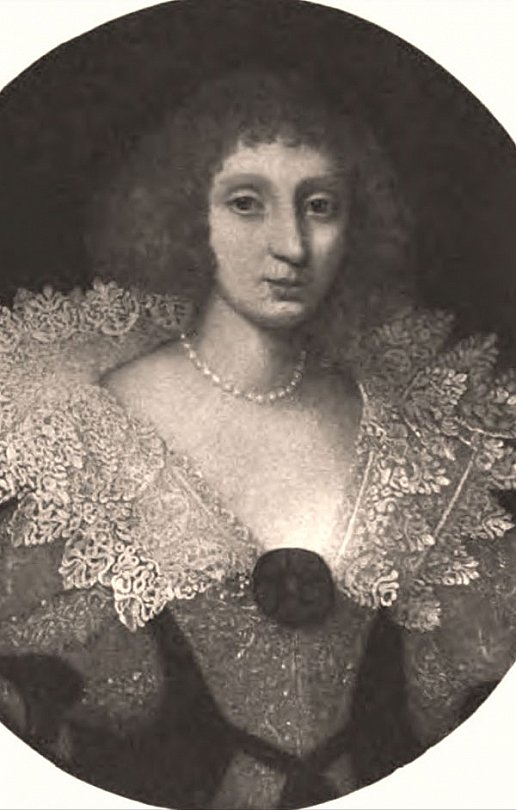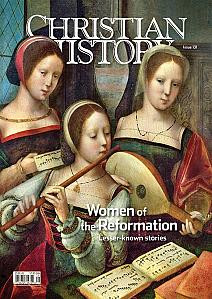Princess Elizabeth Made the Palatine a Haven for Persecuted Protestants

Elizabeth was gracious and witty, a friend to dissenting Christians.
AT SIXTEEN, Elizabeth, Princess of the Palatine (in modern Germany), received an offer of marriage from Wladislaw of Poland. The oldest of her parents’ four witty and charming daughters, she refused. It would have meant she had to convert from the Reformed faith to Catholicism. Although it is hard to pin down just what she believed, it seems she was most likely a Calvinist who accepted the Heidelberg Catechism, because she attempted all her life to restore Reformed doctrine to the Palatinate which had been overrun by Catholics when she was a year old.
When she had the power to do so as abbess of the Protestant convent at Hereford, she befriended and protected Protestants of all stripes, including Anabaptists, mystics, and Quakers. One of her friends was Quaker William Penn, who imitated her tolerance when he founded Pennsylvania and wrote admiringly of her in the second edition of his book No Cross, No Crown.
Elizabeth is best-known to academics for her correspondence with French Catholic philosopher Rene Descartes. She was no mere gushing admirer:: she challenged him with the real difficulties inherent to his system of determinism and dualism. She sometimes sided with and sometimes argued against him. In one letter, she rejected his notion of happiness which involved being able to reason, pointing out that some illnesses deprive people of reason. In another reply she good-humoredly noted, “Even if your letters didn’t teach me, they always do me good as the antidote to melancholy...”
Near the end of her life, she became painfully ill. Her stomach bloated and her extremities shrunk. She accepted the pain as a kind of penance. In one of her last letters to her merry and self-indulgent sister Louise, she wrote, “And now it remains only that I prepare to resign to God a soul washed in the blood of my Savior. I know it stained with many sins, and especially with having preferred the creature to the Creator, and having lived for my own glory, which is a kind of idolatry.”
She died on this day, 11 February 1680.*
—Dan Graves
—————-
*Sources differ between this date and the 8th of February.
----- ----- -----
For more on how women conducted themselves in the Reformation, consult Christian History # 131, Women of the Reformation






